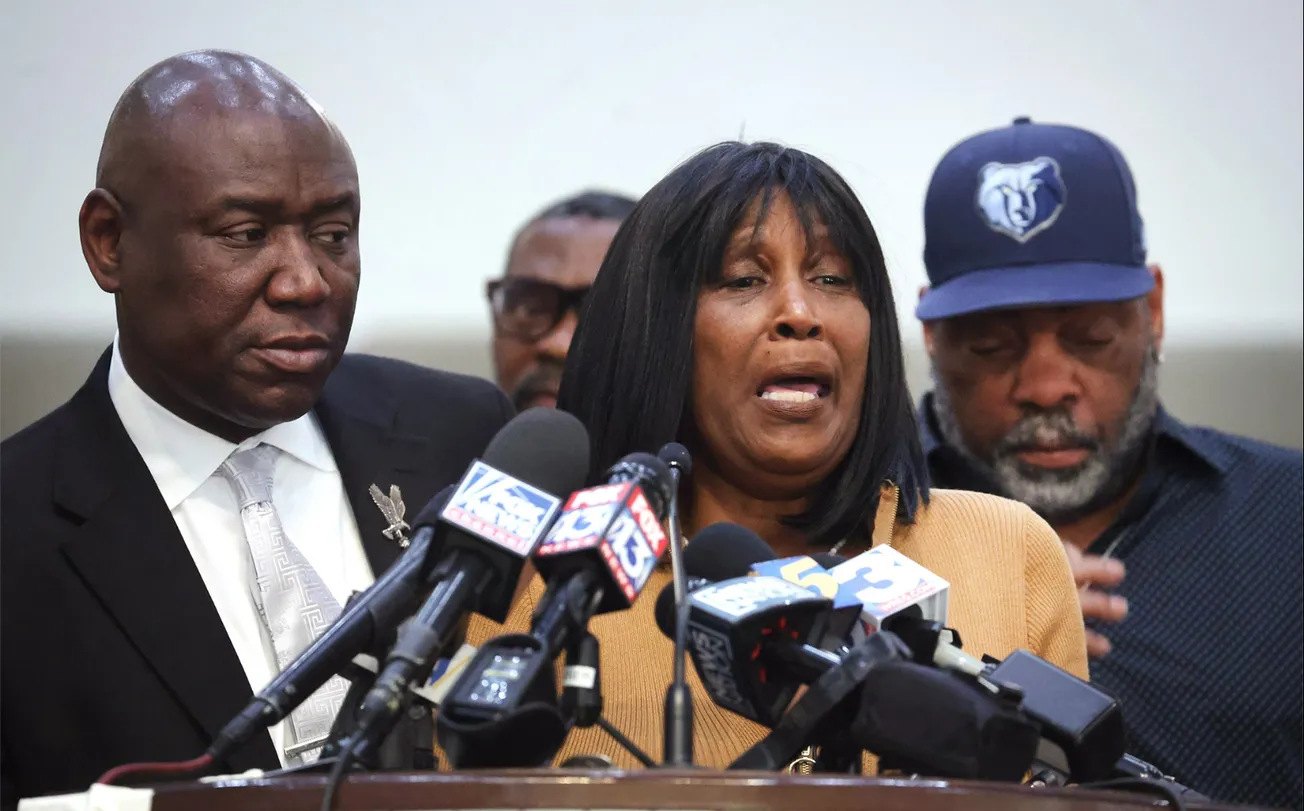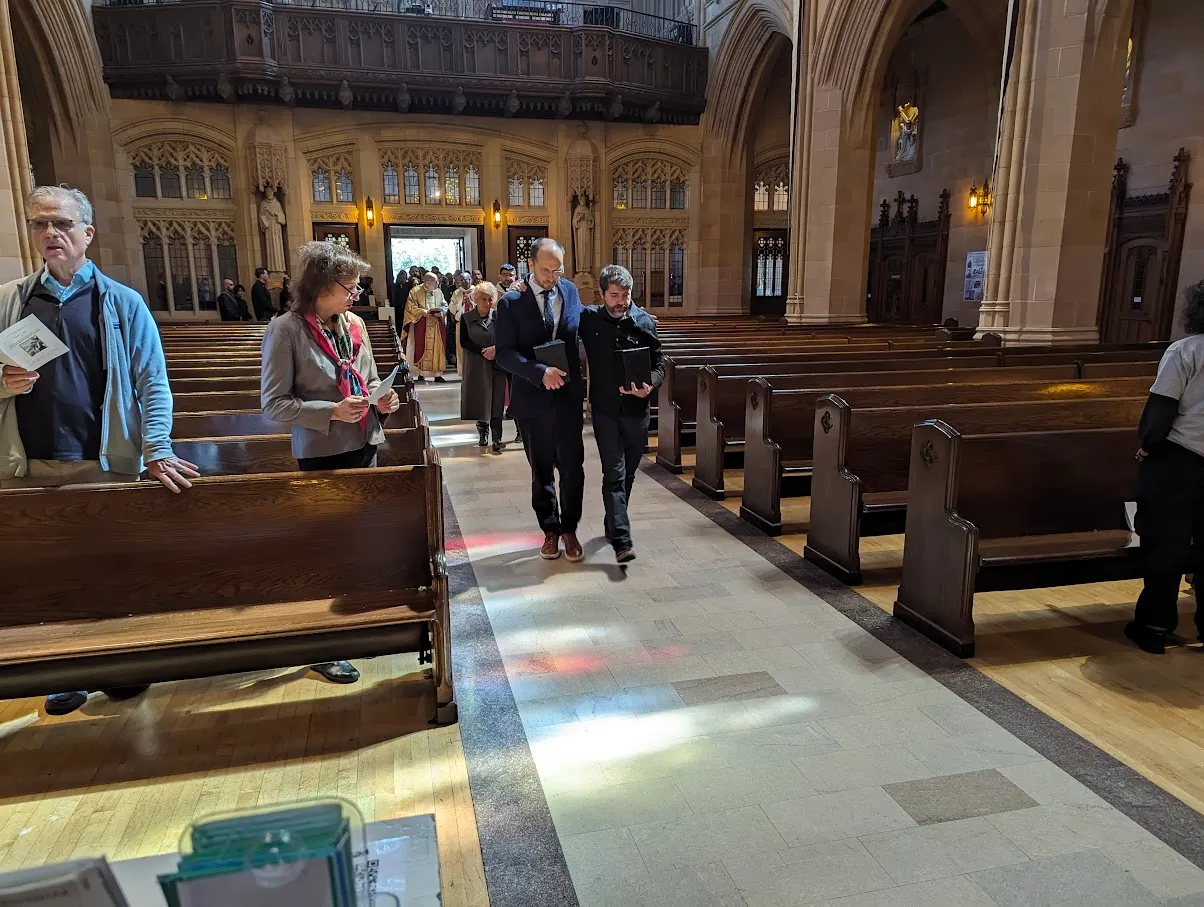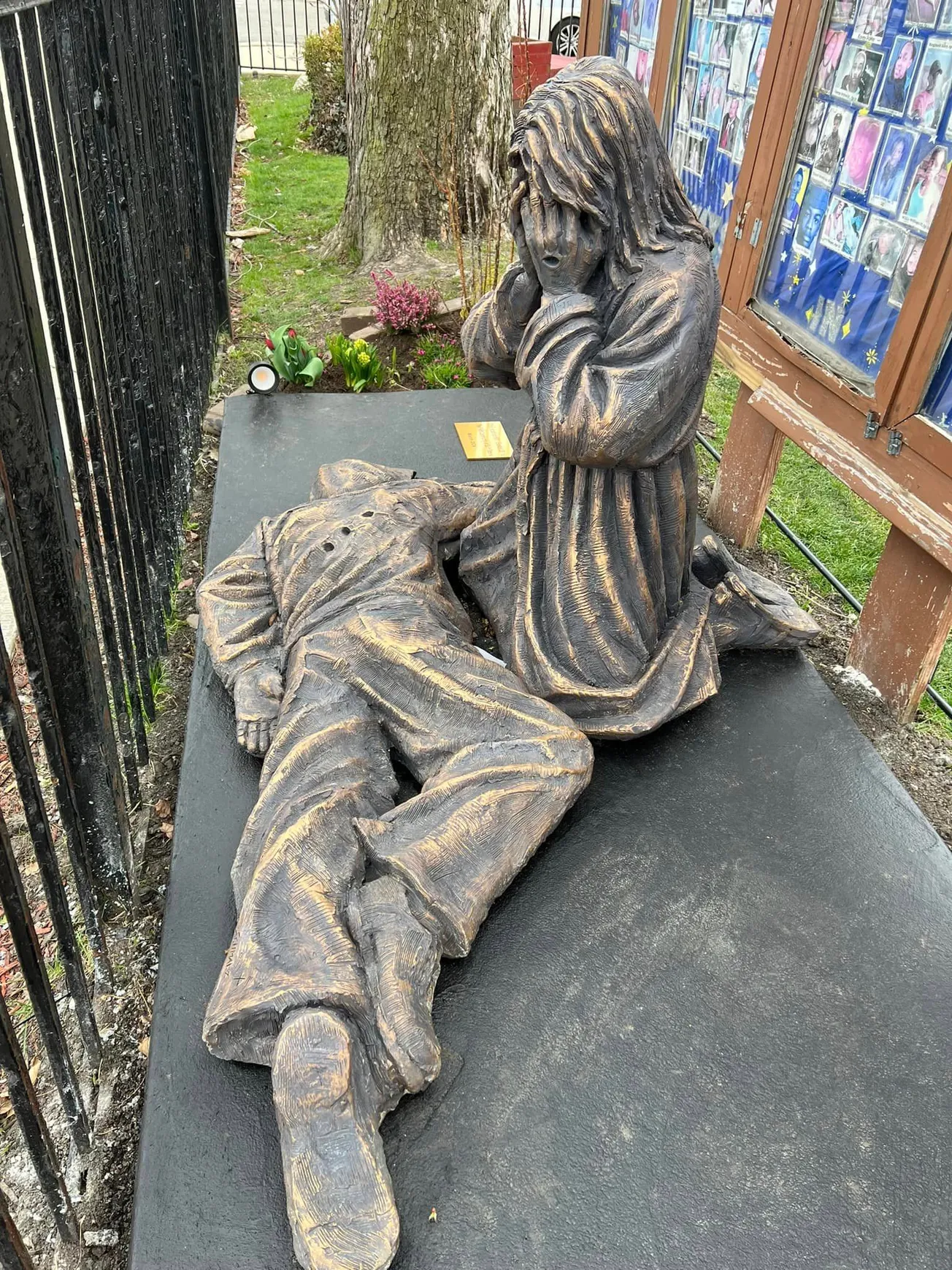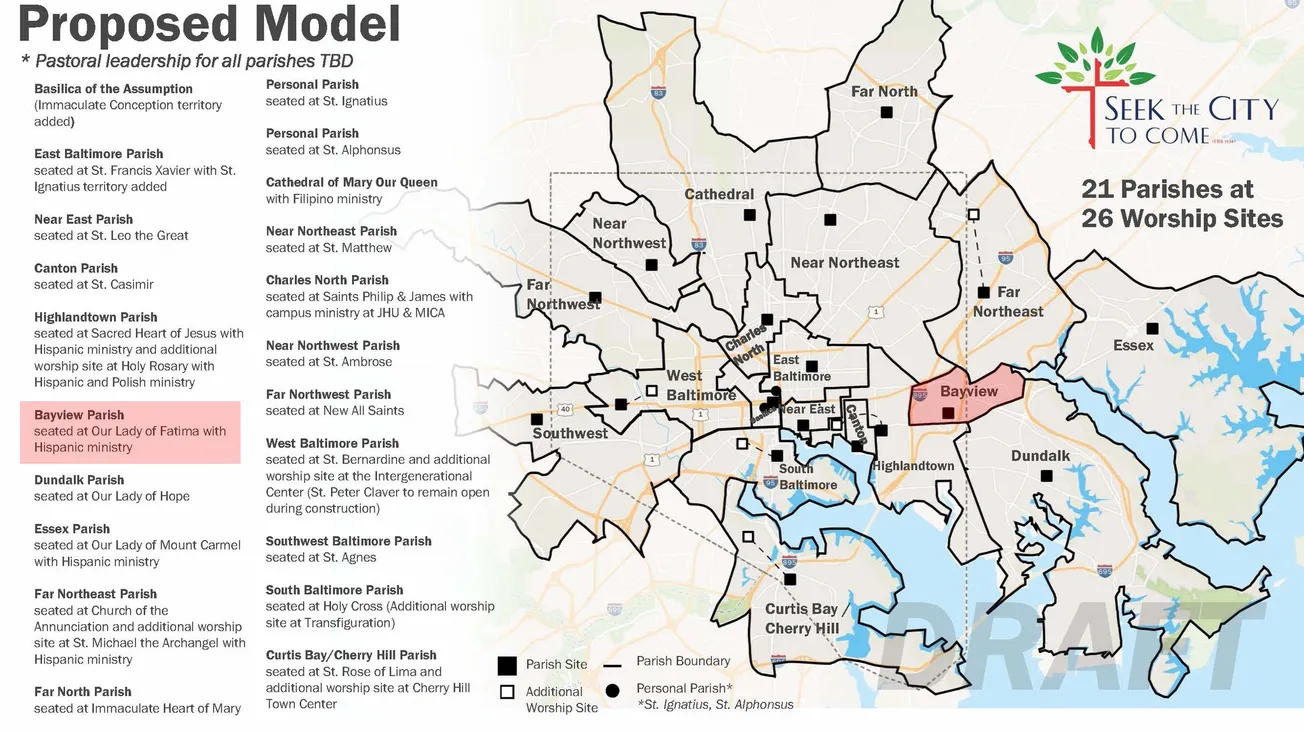As the nation wrestles with the well-established history of police genocide of Black Americans, the recent case of Tyre Nichols is fomenting widespread condemnation of law enforcement misconduct. In the footage released by the Memphis Police Department, Nichols called out to his mother while being viciously brutalized by five Black officers.
It is a scene we’ve seen before and not so long ago, with George Floyd—another Black man slain at the hands of law enforcement. He, too, uttered in his final words a cry for “Momma.” These men, powerless and defenseless in restraints, sought the compassion and love of their mothers as the cloud of violence surrounded their last moments.
In the Gospel of John, we’re informed that during Jesus’ crucifixion, the Virgin Mary is at the foot of the cross watching her son suffer. In his last moments, enduring excruciating cardiac and respiratory failure, he saw his mother and John looking on. As he peered at them in agony, his life ebbing away under internecine persecution and xenophobic Roman custody, he practiced selfless concern for his mother by entrusting her to the care of the disciples. In return, she became their spiritual mother.
As documented in the Book of Acts, Mary played a key role with the apostles in the formation of the early Church. “The Life of the Virgin,” a text attributed to St. Maximus the Confessor, also shows her intimate proximity to the affairs and authority of the apostolic community in the first century. Though the early Church was centered around the apostles traveling the known world to spread the Gospel, Mary played a significant role through her companionship.
As Jesus and Mary are inextricably linked in the Church, so too are the victims of police brutality and their earthly female progenitors. Often referred to as the “Mothers of the Movement,” these women have joined together to keep their children’s death at the forefront of the American consciousness. In 2016, a band of seven women under that name even participated in the Democratic National Convention. While speaking at this national event, their unified message was clear: elevating Black lives in word and in legislation should be a top priority.
Though this group comprised seven, all Black mothers who have had a child die in the heinous system of racism share in this title. Whether the death was from the plantation, lynching, terrorism, or police brutality, the mothers kept the fight to end racism and White Supremacy alive in protest and in advocacy.
Consider Mamie Till-Mobley, the mother of Emmett Till, who fought relentlessly for justice concerning her son’s unsolved lynching in 1955. Through her decision to show his mutilated body in an open casket, she shamed America by revealing the everyday torture of Black people under Jim Crow-era oppression. This showcase demonstrated the hypocrisy of a country that preached ideals of life, liberty, and freedom while keeping them out of reach for its most exploited members.
One of the mothers on stage at the DNC, Sybrina Fulton, represented her son Trayvon Martin, a Black teen murdered by George Zimmerman in 2012. Similar to Emmett Till’s, this story reverberated across the world and emphasized the longstanding injustice of racism. Though Zimmerman would be acquitted, Fulton carried the torch of her son’s death by creating an organization dedicated to ending gun violence, and by running for local office in Florida.
Lucy McBath turned the 2012 murder of her teenage son Jordan Davis into an opportunity for macro-level social awareness with a successful bid for Congress in Georgia. Since becoming a U.S. Representative, McBath has sponsored a bill to provide more oversight of prisons and co-sponsored numerous bills on topics such as firearm regulation and public safety.
Though these three are highlighted here, all mothers who carry the legacy of their murdered children to achieve justice will go down in history as being on the frontlines of the continued liberation struggle for Black Americans. Instead of sitting idle, allowing their trauma and pierced hearts to be an impediment, they committed to action by influencing the dialogue about how systems of violence impact Black livelihood.

To lose a child, especially in the way that Mary and the movement’s mothers did, is an agonizing affliction. Knowing that God has a preferential option for the poor and oppressed, however, is comforting because we can see how our trials as Black Americans can be reimagined. If we claim, as Scripture maintains, that God is in favor of the marginalized, powerless, and exploited, then he intimately knows the struggle we have for justice. Moreover, it’s through historical figures like the Virgin Mary that we can envision a means of empowerment.
Mary’s crucial work during the early Church is not a story of inaction. Mary was doing the work of nurturing, guiding, and interceding so that the apostles could affect the world with the life and ministry of Jesus Christ. The experience of the suffering, advocating woman is inseparable from the Virgin—the Pietà. Mothers have been in the vanguard of raising awareness about the inherent dignity of Black lives. Spearheading the move toward criminal justice reform, police accountability, and sensible gun legislation has been an uphill battle, but their fortitude is unwavering.
When we speak of the sacredness of women, there is a common theme of their toppling cultural attitudes through their redemptive work. In antiquity, and especially in Jewish culture, the status of women was deeply rooted in a strict patriarchal lens of sexism and misogyny often inserted into religious teachings. Even Jesus encounters the culture’s animosity when his disciples found him speaking to a Samaritan woman in John 4. Even so, the Virgin Mary later rose among their ranks as a leader because of her faith and witness, especially following her son’s murder at the hands of the state.
Though much has changed in women’s acceptance and standing, Black women understand the ongoing and harsh intersection of racism, classism, and gender oppression. Despite over-sexualization, discrimination, and anti-Black assaults on their dignity, Black women—and especially the Mothers of the Movement—have forged a seat at the table to guarantee representation for social justice.
They are responsible for an important mission. Instead of allowing the narratives of the day to define their status, they have immense power and vision to accomplish the long, hard, and serious work put before them. The women share in Mary’s unique experience as the bearer of the sorrowful heart. As Jesus searched for his mother while hanging in desperation from the cross, so did countless innocent sons and daughters in their moment of anguish. It’s through the typology of Mary that Black mothers can find strength when the gavel of unlawful and deadly violence touches home.
Our Lady is an image of firmness in times of difficulty for those with a commitment to the common good. When it's all said and done, these women will receive a crown from the Most High for their commitment to ensuring protection of the least of these. RowVaughn Wells, Nichols’ mother, is surely among them. May the Virgin Mary’s example continue to light the path for their—and our—continual journey toward justice.
Efran Menny is a husband, father, and small-time writer. He’s a passionate educator, student of social work, and host of the "Saintly Witnesses" podcast.










